Hi! This blog is no longer updated, but on this page you can find an archive of my blog posts, 2016-2022. Click here to view the blog index (a list of all posts).
For the latest news about Step Up Japanese, sign up to my newsletter.
Search this blog:
Mini-interview with Elly Darrah of Ippo Ippo Japanese
Elly is the Edinburgh-based Japanese teacher behind Ippo Ippo Japanese. Did you know, Ippo Ippo means “step by step” in Japanese? I think that’s a great approach to learning Japanese - one step at a time.
In this mini interview I asked Elly some questions about the Japanese language, and we talked about tips for learners who are just getting started.
Elly is the Edinburgh-based Japanese teacher behind Ippo Ippo Japanese. Did you know, Ippo Ippo means “step by step” in Japanese? I think that’s a great approach to learning Japanese - one step at a time.
In this mini interview I asked Elly some questions about the Japanese language, and we talked about tips for learners who are just getting started.
Have you lived in Japan before? Do you have any favourite memories you think of at this time of year?
Yes, I previously lived in Hyogo (near Kobe) and Osaka, and this time of year brings back a lot of memories of Japanese spring. In particular, I remember getting the train from Hyogo to Osaka and seeing cherry blossoms all along the river when I was on my way to a hanami (cherry blossom viewing) picnic with friends. I actually miss riding the train in Japan quite a lot - at least out of rush hour!
Do you have a favourite kanji?
There are so many kanji I love for so many different reasons! However, one I’ve recently been reminded of is 傘 (umbrella) because it visually reminds me of what it means: people (人) being protected from the rain.
What tips do you have for anyone thinking of starting to learn Japanese?
My biggest tip is to not worry about doing things the “right” way. You can spend hours and hours looking for the perfect textbook or perfect study method, but the main factor in improving in a language is simply spending time on it. That said, if your study method of choice turns out not to motivate you, don’t be afraid to change things up and find something you enjoy. For me, I (unexpectedly) got really into Japanese dramas and music. Keep exploring and you’ll find something that grabs your interest too!
Elly and I are co-hosting Explore Japanese, an online event all about getting started in Japanese. Click here to find out more -29th March or 6th April.
Say Good Morning to the Room - The Importance of Aisatsu (Greetings) in Japan
By the entrance to the conference room, there was a flip chart with a message: “Please sign in here, and then go through the door and say good morning to the room”.
“OHAYO GOZAIMAAASU!” I yelled. (GOOD MORNING!)
We had practiced this yesterday. “In Japanese workplaces,” they told us, “you must greet the room enthusiastically when entering.”
As I took my seat, I noticed that some trainees had been given a piece of card by staff as they entered.
By the entrance to the conference room, there was a flip chart with a message: “Please sign in here, and then go through the door and say good morning to the room”.
“OHAYO GOZAIMAAASU!” I yelled. (GOOD MORNING!)
We had practiced this yesterday. “In Japanese workplaces,” they told us, “you must greet the room enthusiastically when entering.”
As I took my seat, I noticed that some trainees had been given a piece of card by staff as they entered.
A member of staff took to the podium. “Well done everybody on your amazing greetings this morning. You sounded so energetic and loud!
“Those of you who’ve been given a card, your greetings were not quite as genki (energetic) as they could have been. Have a think about that.”
I was at a week’s training for my new job as Assistant Language Teacher (ALT) in Nagoya.
I wasn’t sure about the method of handing out cards to let some people know their greetings weren’t up to regulation enthusiasm standards. But I got the message - greetings are important.
Fast-forward three months, and I was teaching in Junior High school. Every morning, I’d take my shoes off in the entryway to the school and change into my indoor slippers. I’d slide open the door to the staffroom, and greet the room: “OHAYO GOZAIMAAASU!”
“Ohayo gozaimasu!” other teachers would say back, at varying volumes and with varying degrees of enthusiasm. Good morning!
A few minutes later, the vice principal passed by my desk:
フラン先生は、挨拶がいつも元気ですね。
Fran-sensei wa, aisatsu ga itsumo genki desu ne.
(“Your morning greetings are always so cheerful!”)
そうですか。ありがとうございます。
Sou desu ka. Arigatou gozaimasu.
(“Is that so? Thank you.”)
I smiled all day.
"I treasure this pen case"
“I treasure this mechanical pencil.”
(Applause)
One of the interesting things about working as an Assistant Language Teacher (ALT) in Japan is that you get to see the kind of English taught in Japanese state schools.
Sometimes it’s good, sometimes it’s bad; but in my opinion it’s always interesting, and you’re always learning something …
“I treasure this mechanical pencil.”
(Applause)
One of the interesting things about working as an Assistant Language Teacher (ALT) in Japan is that you get to see the kind of English taught in Japanese state schools.
Sometimes it’s good, sometimes it’s bad; but in my opinion it’s always interesting, and you’re always learning something.
I worked as an ALT for a year in Nagoya, before I started teaching and translating Japanese.
On this particular day I was scheduled to be in class with 13 and 14-year-olds who were giving speeches about a special personal item. The Japanese teacher of English wanted the native English speaker (that’s me!) to assess the kids’ speaking.
I quite liked helping out with speaking assessments - most students enjoy it, and their talks were often funny and creative.
This day was a bit different, though. As the students started to give their talks, I realised all the speeches ended in the same, slightly odd, distinctive phrase:
“I treasure this mechanical pencil.”
“I treasure this eraser.”
“I treasure this pen case.”
(ペンケース (pen keesu), incidentally, is a perfectly good Japanese loanword, but it’s not the English word for “pencil case”, or not where I’m from anyway).
I looked at the textbook. The example from their textbooks was a boy talking about an ice hockey jersey his father had given him, and ended with “I treasure this jersey.”
Ah.
A large number of the students had either:
1) not understood that they were supposed to choose a special and important possession
or
2) forgotten to do the assignment altogether, and hastily cobbled together a speech based on an stationery item they had nearby.
Incidentally, the Japanese translation in their textbook for “I treasure this jersey” (a fairly uncommon English phrase, I’d say) is このジャージを大切にしています (kono jaaji wo taisetsu ni shite imasu).
〜を大切にします (_____wo taisetsu ni shimasu) is a nice, natural sounding way to say you care about or value something in Japanese:
持ち物を大切にする mochimono o taisetsu ni suru - to look after your belongings
体を大切にして下さい karada o taisetsu ni shite kudasai - please take care of yourself
So, at least I learned some Japanese that day, even if I had to sit through thirty speeches about treasured erasers.
What’s your treasure? I’ll tell you about mine next week!
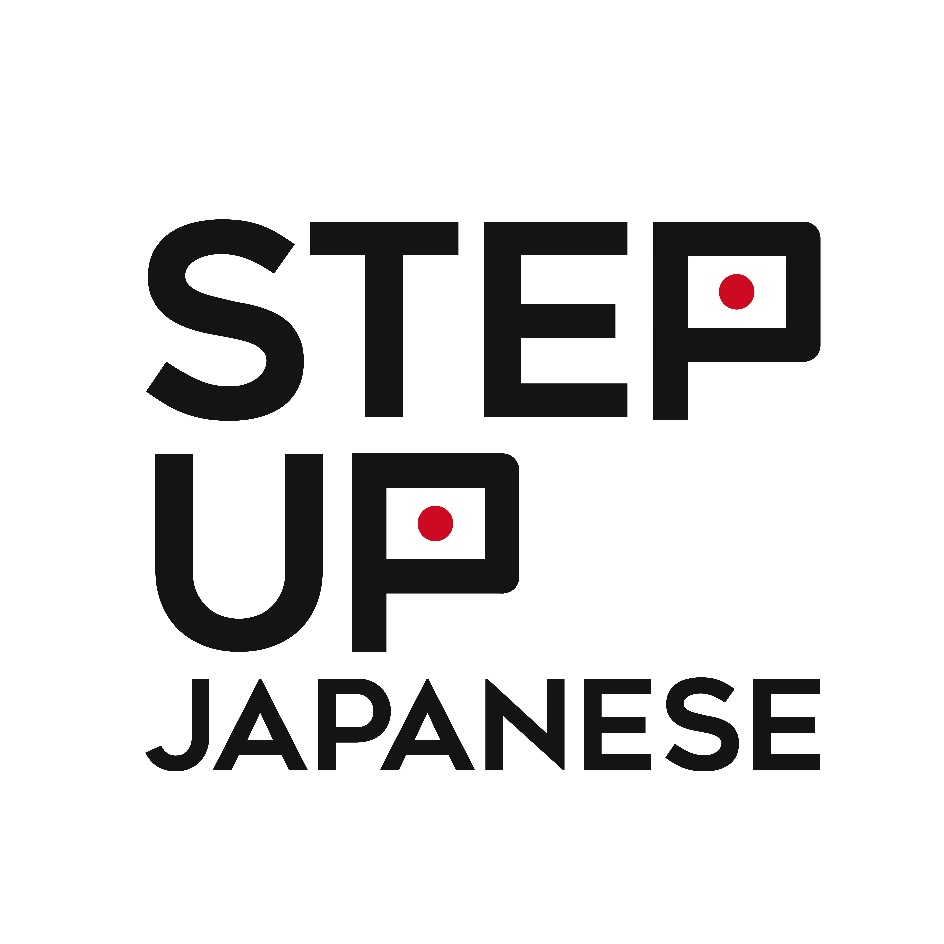




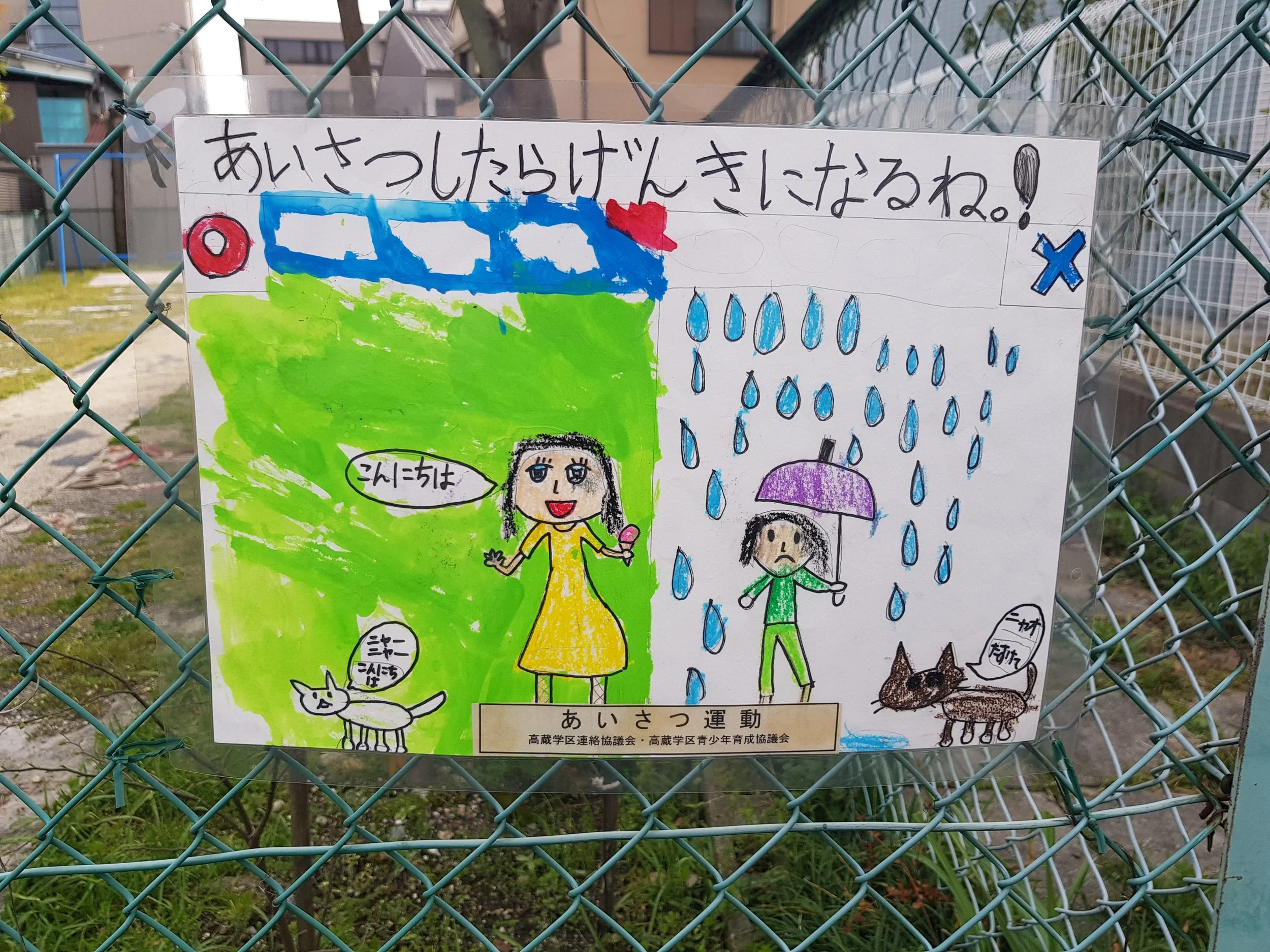
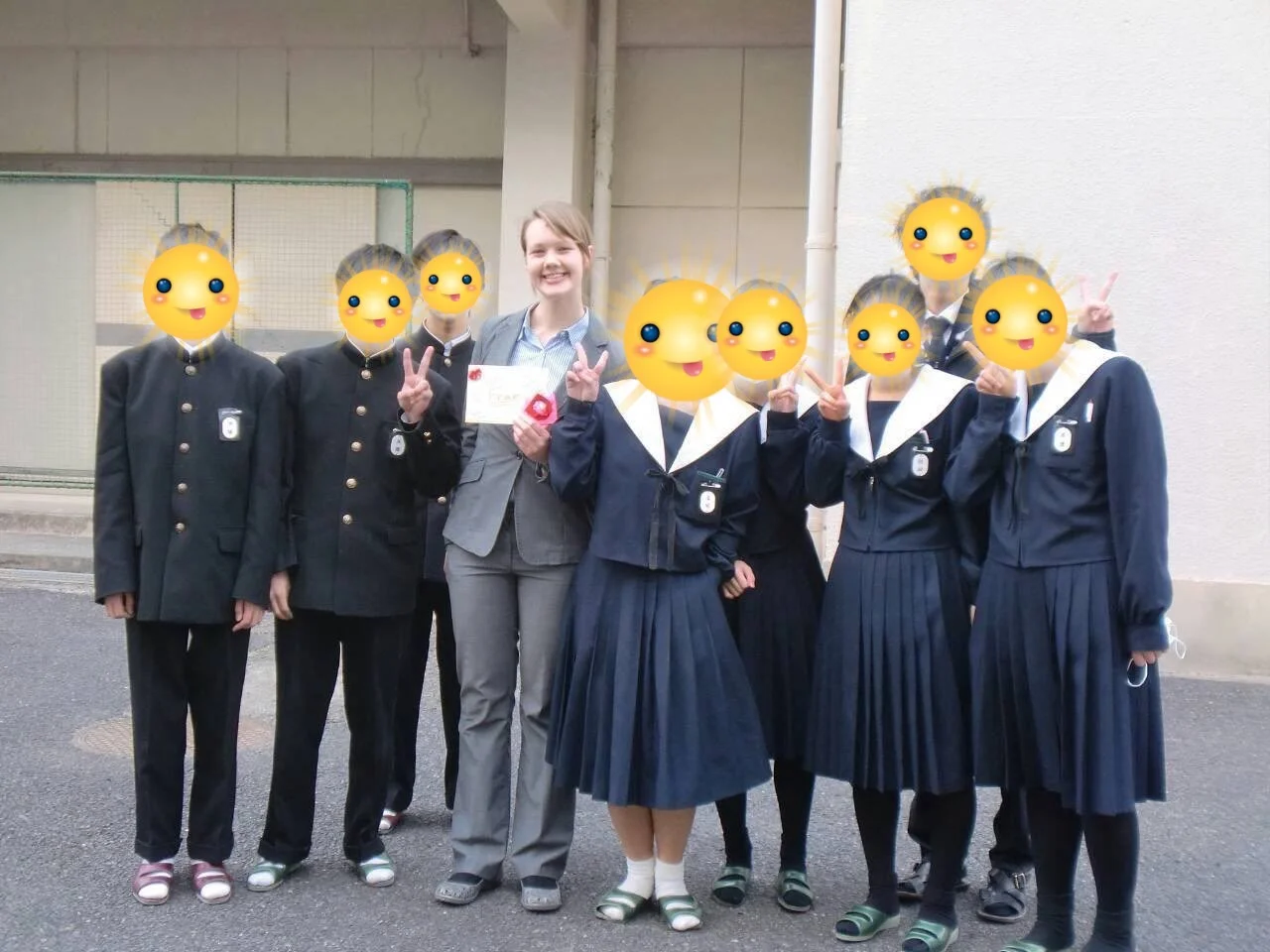



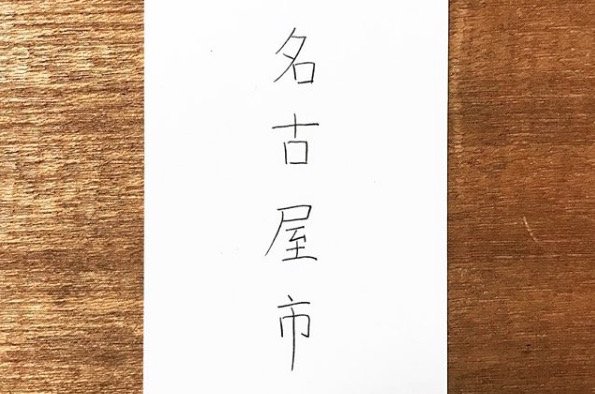

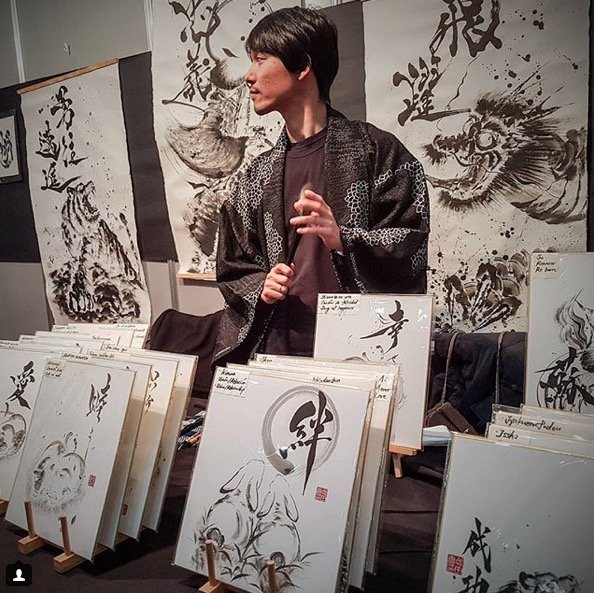
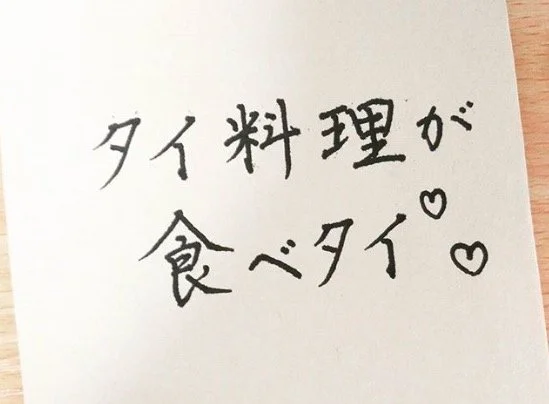
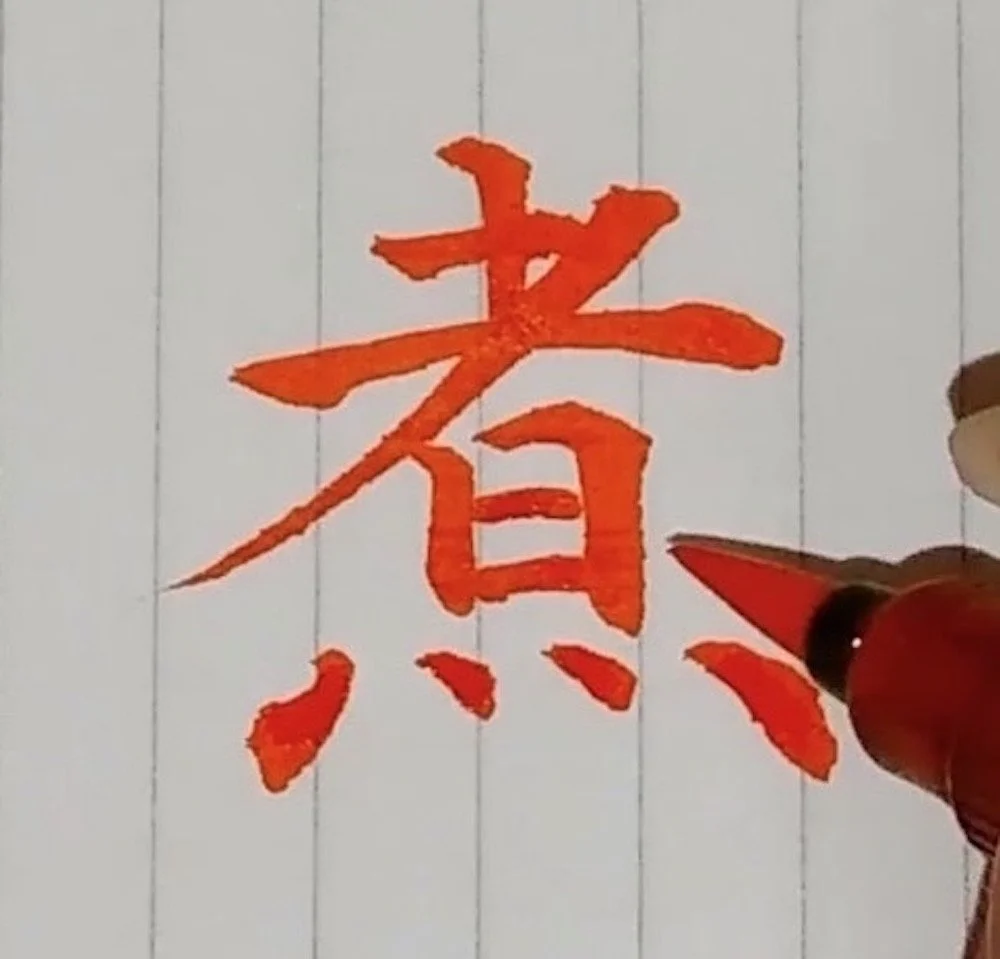






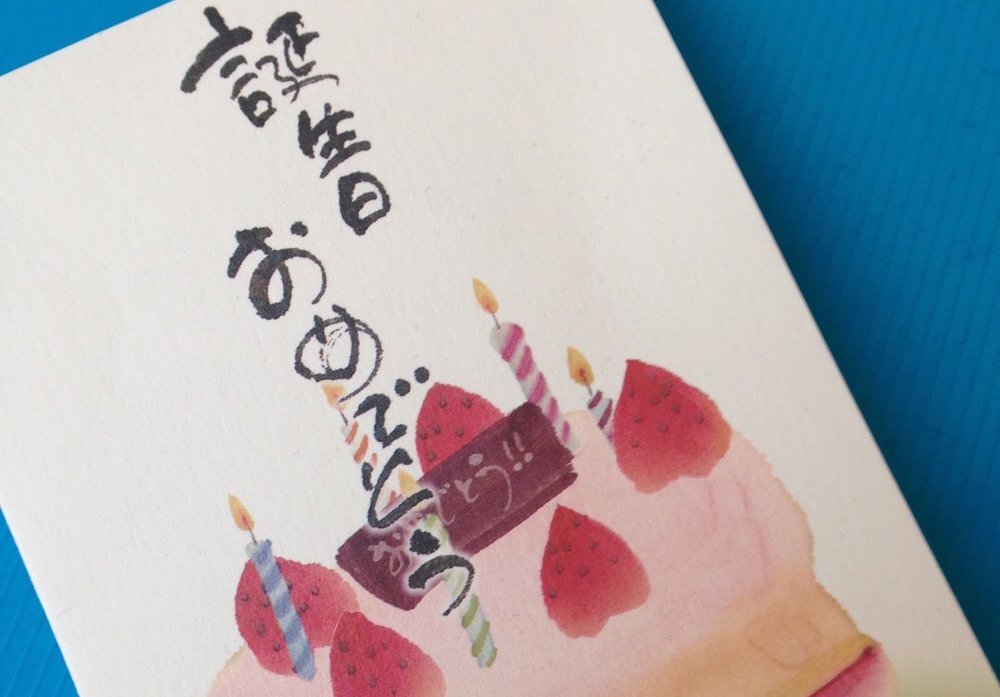














Like many people in the UK, I studied French in school. I liked French. I thought it was really fun to speak another language, to talk with people, and to try and listen to what was going on in a new country. (Still do!)
When I was 14 we went on a school exchange to the city of Reims, in northeastern France. I was paired with a boy, which I’m sure some 14-year-olds would find very exciting but which I found unbearably awkward. He was very sweet and we completely ignored each other.
That was nearly 20 years ago, and I didn’t learn or use any more French until, at some point in lockdown, I decided on a whim to take some one-to-one lessons with online teachers. Here are some things I learned about French, about language learning, and about myself.